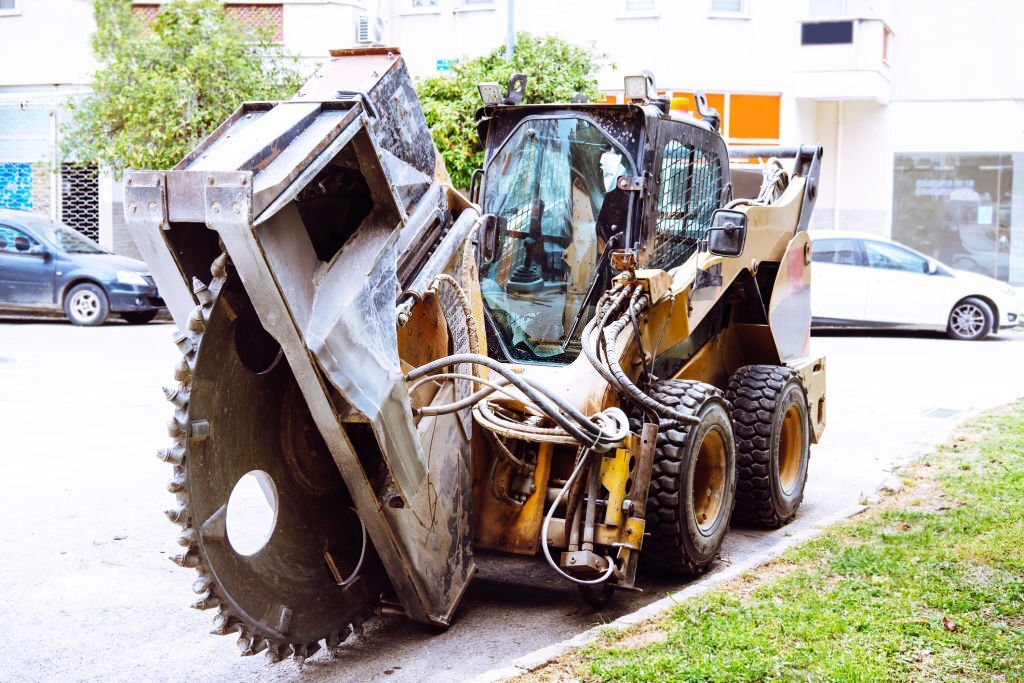
Introduction:
In the heavy equipment industry, trenchers are essential tools for construction and excavation projects, facilitating efficient trenching and utility installation. One significant decision construction businesses face is whether to rent or purchase trenchers for their operations. Each option comes with its own set of advantages and considerations. In this article, we will take a closer look at the trends in the industry concerning trencher acquisition, exploring the pros and cons of renting and purchasing trenchers, and providing valuable insights to aid construction businesses in making informed decisions.
1. Renting Trenchers: Pros:
- Cost-Effectiveness: Renting trenchers can be more cost-effective for short-term or occasional projects. Construction businesses can save on upfront investment costs, maintenance, and storage expenses associated with owning the equipment.
- Access to Latest Technology: Rental companies often update their fleet regularly, providing access to the latest trencher models with advanced features and improved efficiency.
- Flexibility: Renting offers flexibility, allowing construction businesses to choose the right trencher model based on the specific needs of each project.
Cons:
- Long-Term Costs: For projects with frequent and extended trenching requirements, rental costs can add up, making ownership more cost-effective in the long run.
- Equipment Availability: Depending on demand, rental trenchers may not always be readily available, potentially causing delays in project timelines.
2. Purchasing Trenchers: Pros:
- Cost Savings in the Long Run: Owning trenchers can be more cost-effective for companies with ongoing or frequent trenching projects, as the initial investment pays off over time.
- Customization and Familiarity: Owned trenchers can be customized to meet specific project requirements, and operators can become familiar with the equipment, potentially leading to increased efficiency and productivity.
- Equipment Asset: Purchased trenchers become a valuable asset for the company, contributing to its overall asset value.
Cons:
- Initial Investment: The upfront cost of purchasing trenchers can be substantial, requiring careful financial planning.
- Maintenance and Storage: Companies must bear the responsibility of maintenance and storage, which may incur additional costs and require proper infrastructure.
Conclusion:
The decision to rent or purchase trenchers in the heavy equipment industry depends on several factors, including the frequency of trenching projects, project timelines, and budget constraints. Renting trenchers can be a cost-effective solution for short-term or occasional projects, providing access to the latest equipment and flexibility in equipment selection. On the other hand, purchasing trenchers is advantageous for construction businesses with ongoing trenching requirements, offering long-term cost savings, customization options, and the ownership of a valuable asset.
Ultimately, construction businesses should carefully evaluate their specific needs and project demands to make the most suitable choice. Whether renting or purchasing trenchers, companies can ensure efficiency, productivity, and successful project execution with the right equipment at hand.

